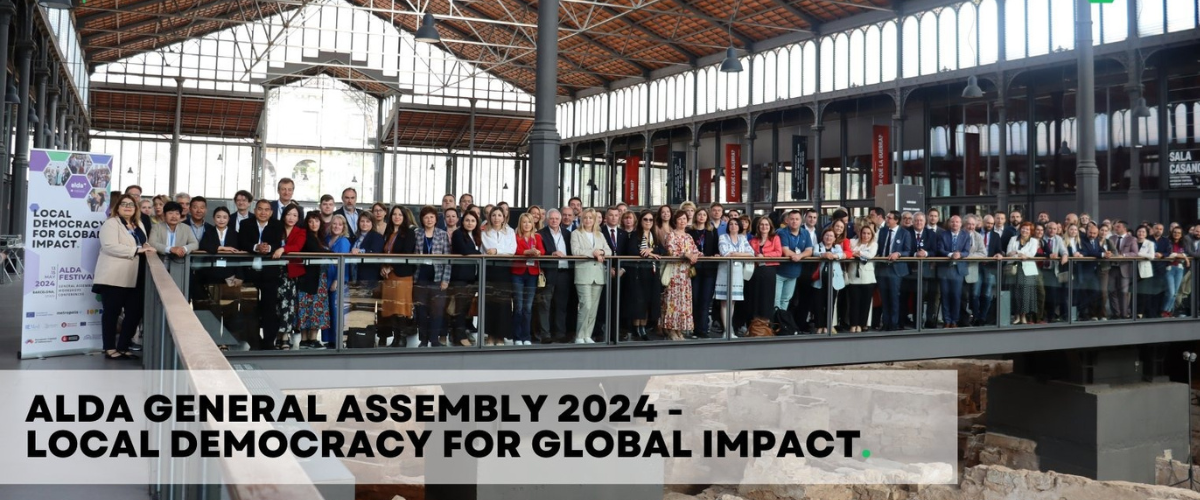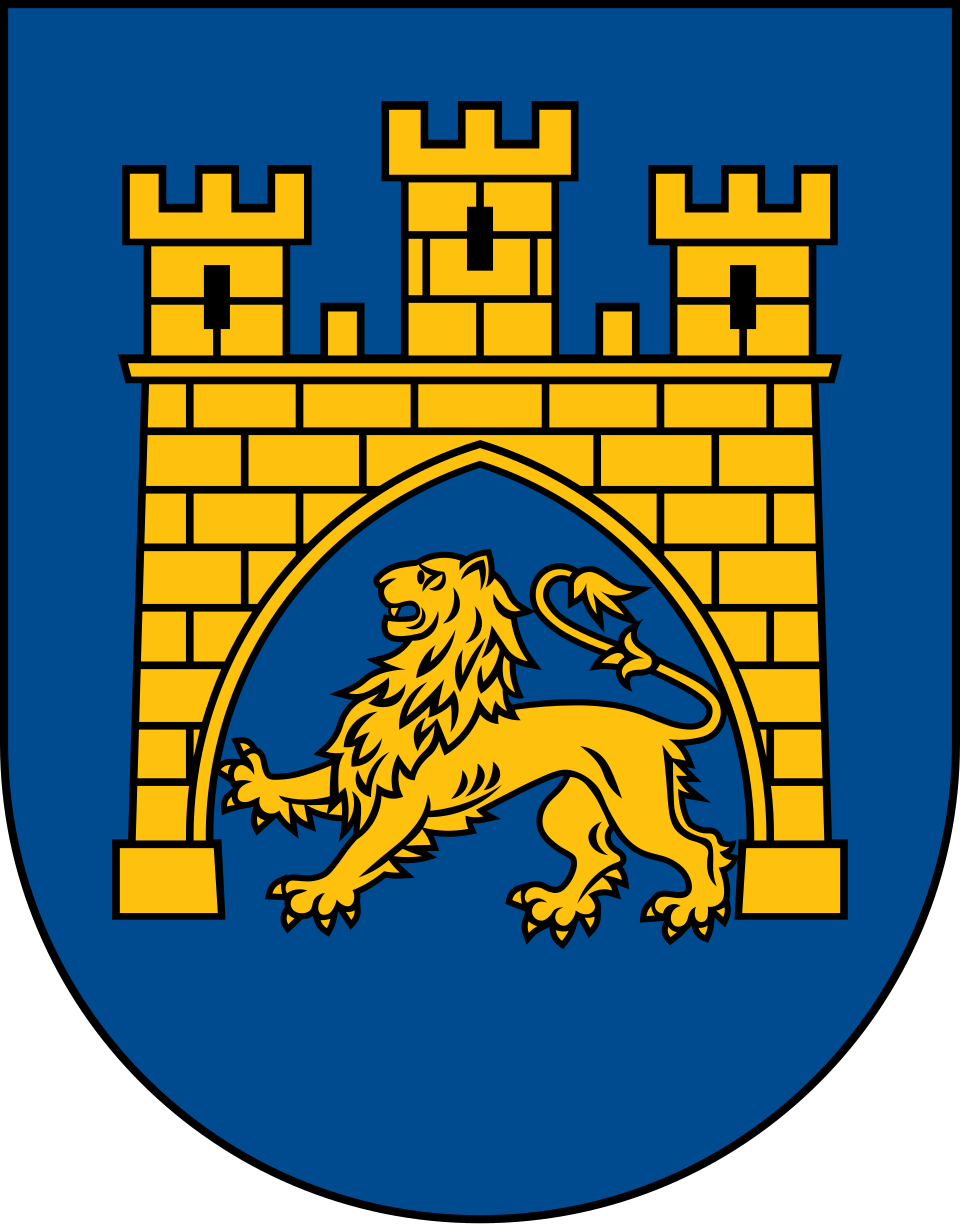ORU Fogar presents examples of regional participatory democracy

In the framework of the ALDA 2024 Festival, held from May 13th to 15th in Barcelona, different examples of regional participatory democracy were presented. ORU Fogar's secretary, Carles Llorens, was in charge of explaining good practices from different geographies, showing examples from Ecuador, Colombia, Catalonia, the Basque Country and Senegal. “Some of them - said Llorens - were very surprising”.
ALDA is the European Association for Local Democracy, an international non-profit NGO dedicated to the promotion of good governance at the local and regional level. It has an important presence in the Western Balkans and on the borders of the European Union (East and South). For many years, its work in Ukraine, for example, has been a must. In 2017 ORU Fogar and ALDA signed a Memorandum of Understanding that allows for collaborations that create synergies between decentralization and democracy promotion processes.
The first example shown was Ecuadorian. The Constitution of the Republic of Ecuador establishes that at all levels of government, participatory bodies will be formed which, among other functions, will be able to influence the preparation of budgets. Thus, in the country, by law, the provincial government must consult with the citizens on a percentage of the resources of its budget. In Pichincha, the country's capital region, there is a citizens' assembly for the prioritization of works. The political leaders attend to the prioritizations. The technicians of the province advise on what is legal and what is not. These assemblies are recorded in full on Facebook.
The other Latin American example presented by ORU Fogar's Secretary General was that of the Colombian Department of Nariño, a political innovation project known as “New Government” which focuses on three pillars: Open Government, Social Innovation and Collaborative Economy. The materialization of this governance project in the territory takes place through the “Gana Municipales” program, a participatory budgeting strategy. The regional government presents a set of projects for the consideration of citizens, which emerged from the diagnosis of the needs of each municipality. From 2016 to 2019, the program had a participation of 40 thousand people, an unprecedented fact in Colombia. “This is especially commendable - explained Carles Llorens - if we take into account that we are in a territory that was particularly hard hit, a few years ago, by the presence of guerrillas and, subsequently, by drug trafficking”.
The review of processes in Europe stopped in Catalonia and the Basque Country. Catalonia has a well-established participatory Climate Change Adaptation Strategy. Since 2021, the participatory process focuses on three axes: Water, Food and Forests; Infrastructure; Urban Agenda/Rural Agenda. The participatory process is based on documents prepared by the regional ministry and is supported by the presence of experts. In the process, citizens, entities and stakeholders can make proposals and prioritize adaptation measures.
In 2015, the “White Paper on Democracy and Citizen Participation for Euskadi” was approved, which was proposed as a starting point to build a more participatory Euskadi in public affairs. Thus, the internal deployment of the White Paper was activated in government structures through the development of participatory processes and the “Law on Transparency, Citizen Participation and Good Governance of the Basque Public Sector” was promoted, which was finally approved in 2022.
Finally, ORU Fogar's Secretary General referred to some examples of participatory democracy in Senegal, affirming that “on some issues, such as this one, Africans can give us some lessons”. He explained that the Code général des collectivités locales, the 2013 Senegalese law governing the functioning of local and regional governments, is a law that enshrines the principles and values of decentralization. It contemplates citizen participation as a consequence of decentralization. It only dedicates, however, 5 articles to citizen participation, out of the 332 that compose it. Despite this little legal recognition, perhaps due to a very participatory ancestral culture, some departments (regions) have very interesting participatory spaces.
Thus, there are citizen consultation processes before approving the annual budget. The president of the Departmental Council invites the citizens, especially the representatives, to participate in a meeting to discuss the priorities to be set in the departmental budget. It is a large meeting per municipality (Commune) that can last one or two days. The Department of Kaffrine has 9 communes/municipalities. In each commune 100-150-200 people gather. The President of the Department consults and officials take notes. Social and economic issues are discussed. Kaffrine also has a women's meeting. Gathers the most active ones, to see how to activate economic activity.
Carles Llorens concluded: “We regionalists affirm that regional governments are governments with a human dimension. This is evident in these examples where representative democracy transcends and they experience participatory democracy”.










































































